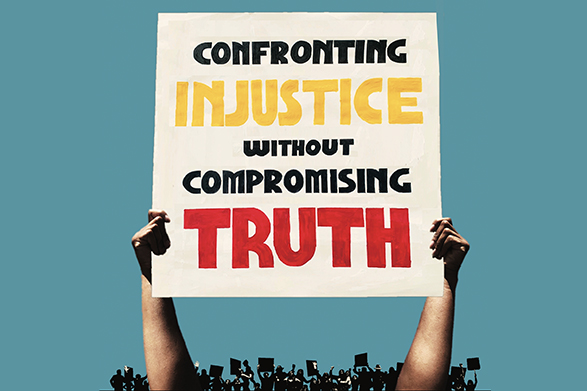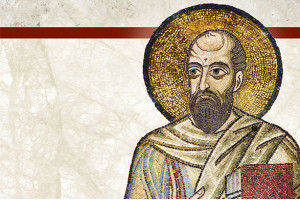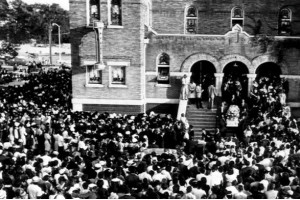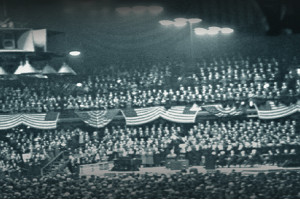
Thaddeus Williams
Ph.D., Vrije Universiteit, Amsterdam
Thaddeus J. Williams loves enlarging students’ understanding and enjoyment of Jesus at Biola University in La Mirada, CA, where he serves as assistant professor of systematic theology for Talbot School of Theology. He has also taught philosophy and literature at Saddleback College, Jurisprudence at Trinity Law School, and as a lecturer in worldview studies at L’Abri Fellowships in Switzerland and Holland, and ethics for Blackstone Legal Fellowship the Federalist Society in Washington D.C. He resides in Orange County, CA with his wife and four kids.









